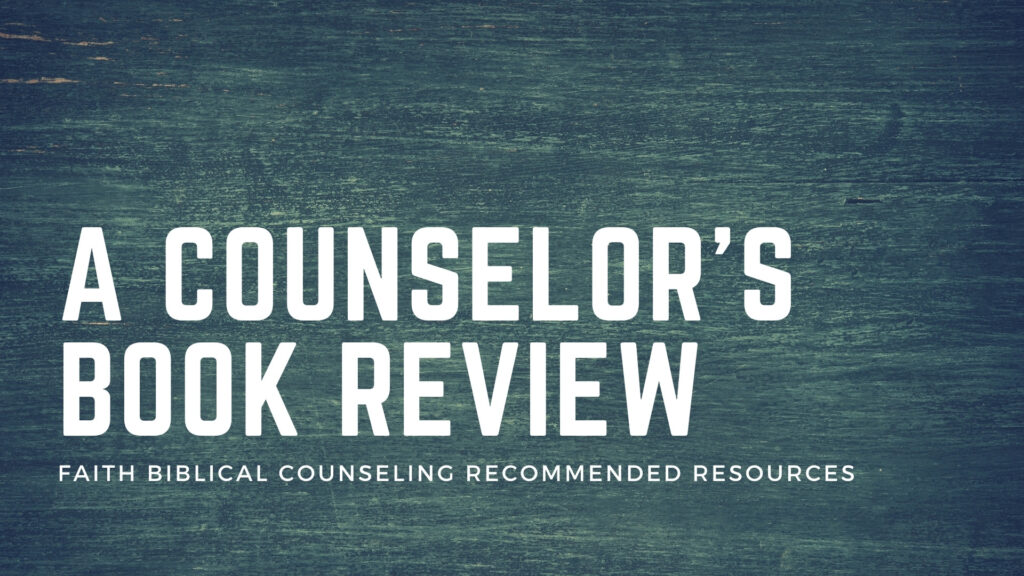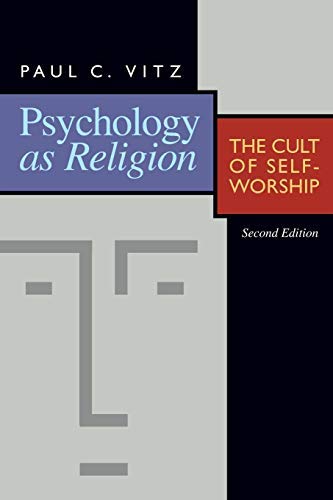
Our broken world is obsessed with finding answers to the problems that plague the inner person. And for good reason, we are broken people living in a fallen world. This obsession spans education, business, and even numerous books and blogs that people read on any given day. We long to know how to be happy, how to feel good, and how to have a meaningful life. Are answers possible? And can our culture find these answers apart from God?
Does the World Have the Answer?
For roughly the past 150 years, secular theorists have claimed that they have answers to help people be happy and function well. At the center of this movement have been psychological personality theories. In his book Psychology as Religion, retired NYU professor of psychology, Paul Vitz, provides an overview of the origin of self-psychology that undergirds so much of self-help. After providing this survey in the first part of the book, Vitz then provides insight into the aims of these theorists whom he believes are trying to create a new religion.  He then warns Christians of the dangers of a new syncretism if they embrace these theories.
He then warns Christians of the dangers of a new syncretism if they embrace these theories.
How Might Paul Vitz’s Book Serve You?
Whether we realize it or not, those within our churches and served by our counseling ministries are steeped in a world of secular theories of personality. While our focus should be administering God’s Word wisely and in an exegetically sound manner, it is wise of us to understand the world in which we and our counselees live. Paul Vitz’s book may serve as an opportunity for you to gain a crash course in the personality theories that undergird so much of our modern world. In turn, it may help you sharpen your discernment as you wrestle with having to engage secular theories of personality in various areas of life.
In my own ministry, I interact with many individuals who have questions about new fads and recommendations that emerge in books, articles, and on social media. It is helpful for me to be able to root what they are seeing in a historical context. Being able to trace back the origin of ideas as part of this process helps develop discernment. In turn, I can help those seeking my input to discern what is necessary and best. Might this book serve you in a similar manner?
 Biblical Counseling
Biblical Counseling